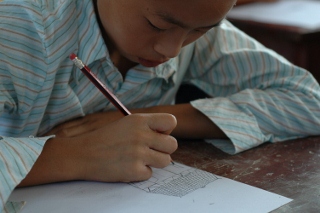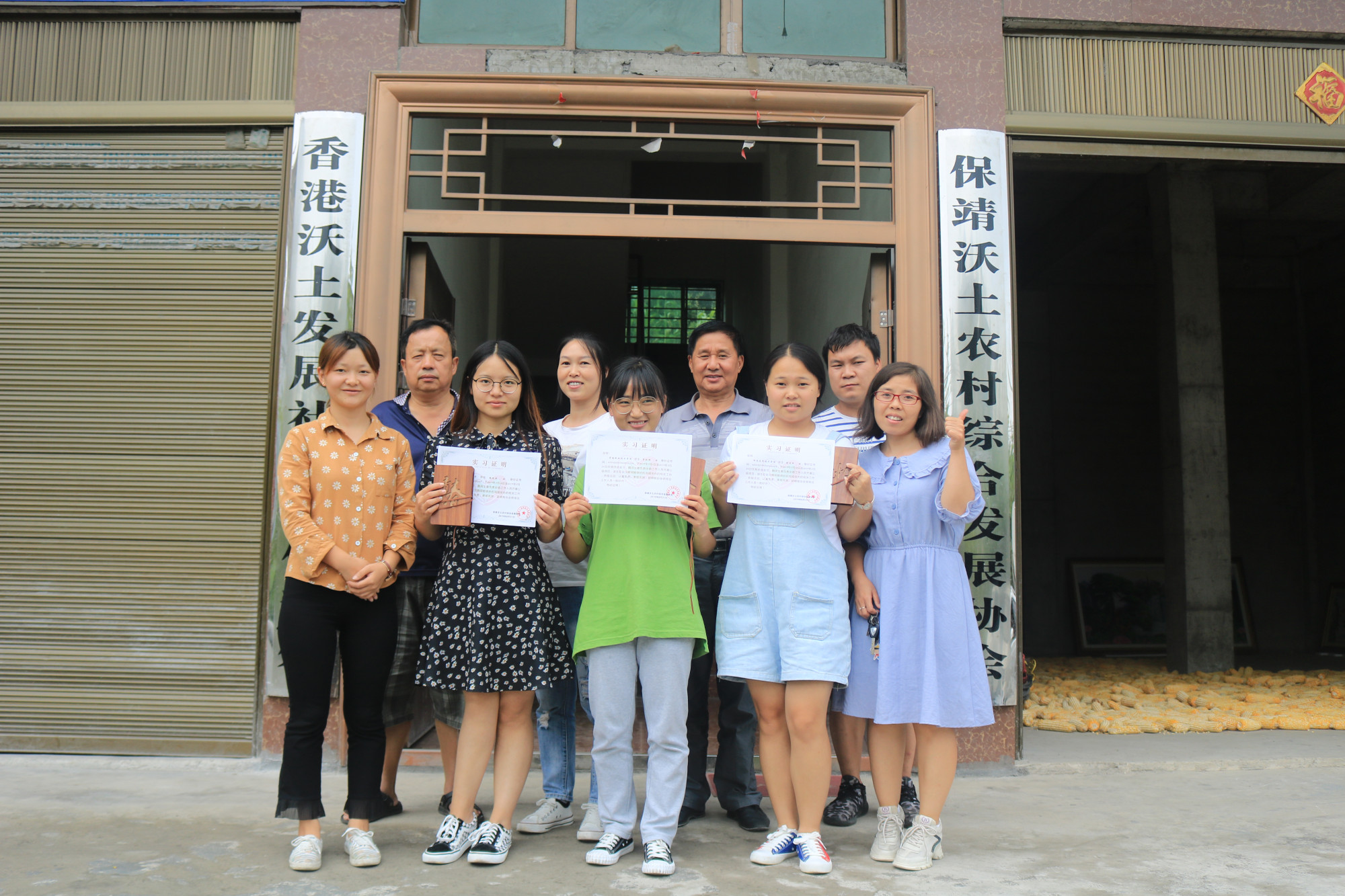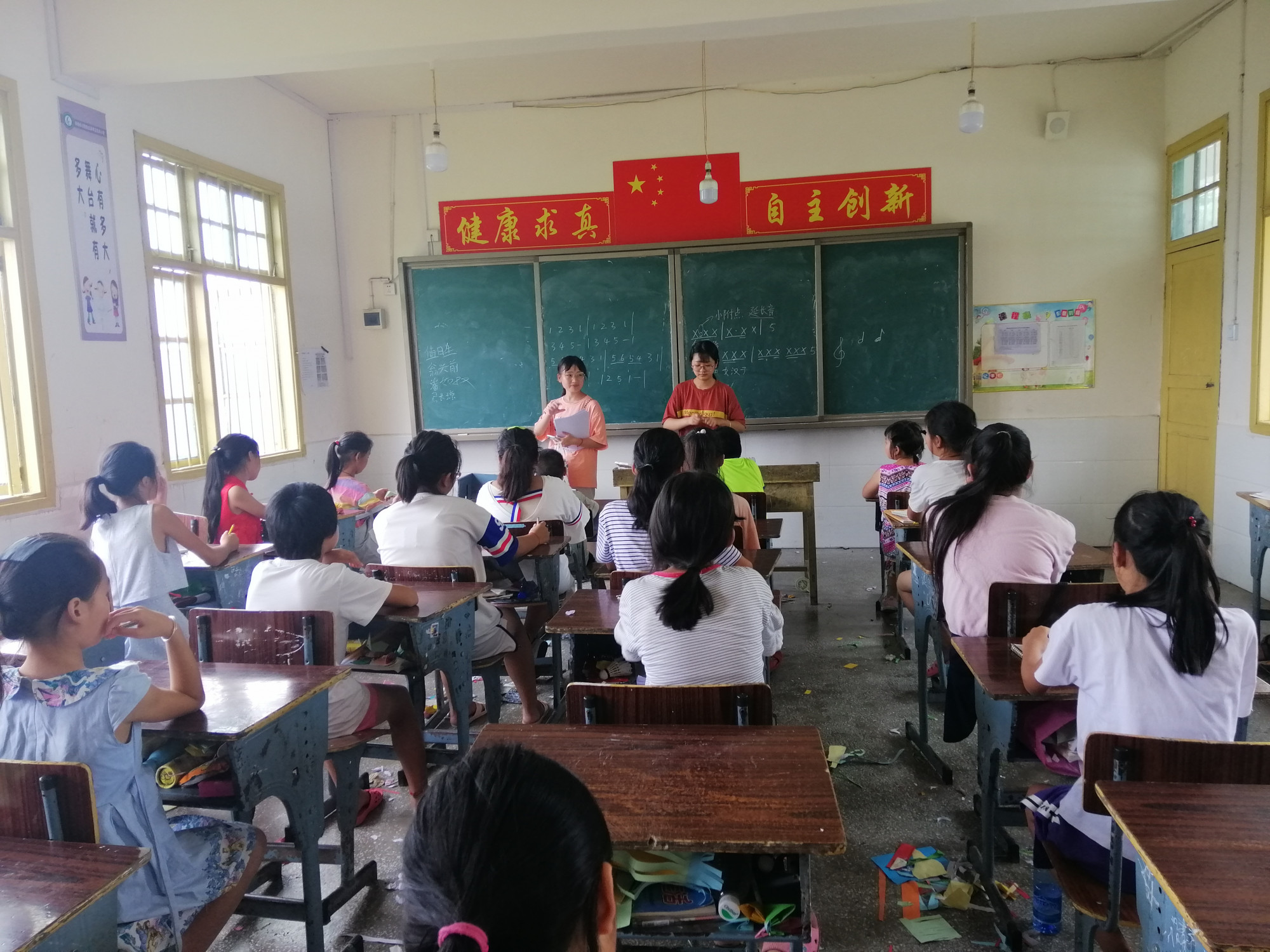The Chinese government’s central-schooling policy has moved middle schools to county-level towns, and primary schools to larger villages. Generally, when children leave rural primary schools, they need to travel to the towns for middle school, and cities for university. Coming from simple rural backgrounds, students often lack opportunities to hone problem-solving or interpersonal skills. They are therefore often less competitive compare to students growing up in cities. As a result, university students with rural backgrounds cannot apply what they have learnt, and may found themselves fall victim to exploitation or fraud.
Furthermore, in order to help their families financially, most rural students choose to work in cities after graduation. Staying at the university or in the city for a long period, it often leads to a deep sense of disconnection from village life, and lack the eagerness or skills to work in the agricultural sector. They find it hard to re-adapt to rural life. More do not want their children to be raised in the rural. However, they are yet to adapt to the urban society, being trapped between the gap.
Therefore, we encourage rural high school bursary students to pick a topic related to their home, start researching and write a report. They can then understand their growing environment and develop a sense of belonging. The topic is chosen by student, which ranges from culture and custom, infrastructure, economic activities to daily needs. We hope that through the research, they would know more about their home.










